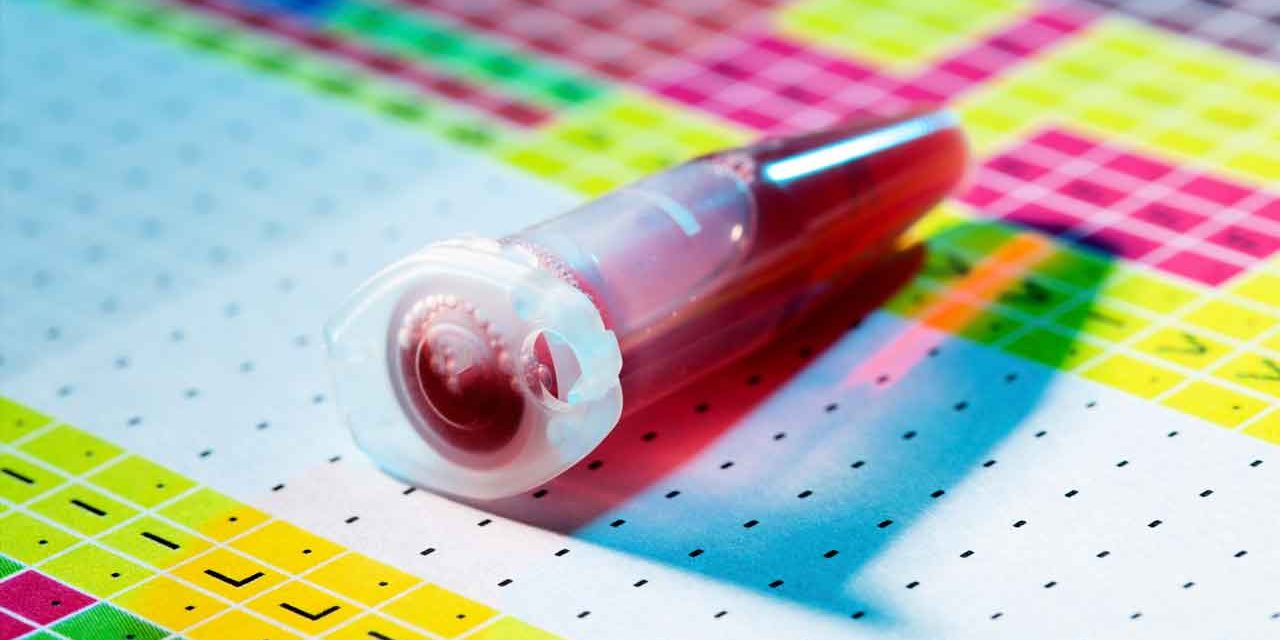Genetic Testing for Antidepressants

Finding the right antidepressant isn’t easy. So there’s much appeal in the promise of genetic testing for antidepressants that could save you weeks or months of depression.
Your doctor may be working from a short list of drugs covered by your insurance. It can take as long as two months to see your depression lift in response to a particular drug. Also, your doctor may decide to up the dose before trying another drug. You may run into unpleasant side effects — shaky hands, headache, nausea, weight gain, or erectile dysfunction are all possibilities. Hoping that the side effects will be fade, your doctor might encourage you to stick it out.
YOU MIGHT ALSO LIKE: Depression Versus Sadness
While enduring side effects, you could go from one drug to the next for months or even years — all the while, still depressed. You may be covering a stiff price tag yourself. But despite your patience, in the end it’s possible no drug will make you feel really well: as many as 40 percent of patients with major depression don’t respond to medication, studies indicate, and another group gets only partial relief.
Genetic testing for antidepressants
The research behind the genetic testing for antidepressants is young, and the tests are unregulated; they do not require approval from the Food and Drug Administration. However, the key science comes from well-regarded sources, the Mayo Clinic and Cincinnati Children's Hospital. John Logan Black, MD, a psychiatrist at Mayo Clinic in Rochester, Minn., recommends this kind of testing in many common situations.
People who are severely depressed or suicidal could benefit — they need the right drug fast. A test is also worth considering, he says, if you have a personal or family history of significant side effects from medication of any kind. You might opt for genetic testing if you have failed to find a satisfactory antidepressant in the past or are taking one that isn’t working or has bothersome side effects. Very young or very old people who can’t handle side effects or communicate well about symptoms are also candidates.
Genetic testing can help doctors decide if you are most likely to respond to antidepressants that work mainly on serotonin, the SSRIs, such as Paxil, Celexa, and Lexapro, or to the drugs that also work on other neurotransmitters, which include Effexor and Cymbalta. A test can also help doctors pick within the serotonin group and help target dosages.
Why genetic testing for antidepressants might help
Nearly all medications for depression are metabolized by two enzymes in your liver: CYP2D6 and CYP2C19. Your genes are the most important factor that determines how much of these enzymes you produce: too much makes you process the medication quickly, too little can lead to a build-up that causes side effects. As many as 45 to 55 percent of all people in the United States may be low on one of the enzymes, which is why side effects are so common.
Your response to drugs that work on serotonin is affected by the chemical 5HTT or the pathways CYP1A2 or NAT2. About 40 percent of Americans carry gene variations that may make them less likely to respond to SSRIs.
How to test your genes
Local and regional laboratories may not do these tests, but can send your blood or cheek swab sample to a lab specializing in pharmacogenetics, the technical term for gene testing that predicts a person’s response to a drug. Assurex Health, Genelex, Geonomind, and Mayo Clinic produce reports that will interpret the results and give your doctor recommendations for antidepressants and dosages.
Assurex Health, which uses technology patented by Mayo Clinic and Cincinnati Children’s Hospital, offers a test called GeneSight, which has won Medicare approval to treat depression after extensive vetting, and a contract with the U.S. Department of Veterans Affairs to help psychiatrists treating post-traumatic stress disorder. Patients who get this test are more likely to stick with their medication than those who don’t, early research shows.
Your own insurer may not cover the cost, but you can ask your doctor to write a letter or file an appeal of a decision to deny coverage. Several testing companies offer financial assistance to some patients.
Updated:
March 31, 2020
Reviewed By:
Christopher Nystuen, MD, MBA